How big a problem for Boeing is the decision by China to buy nearly 300 Airbus aircraft earlier in July? Judging by its reaction, quite big.
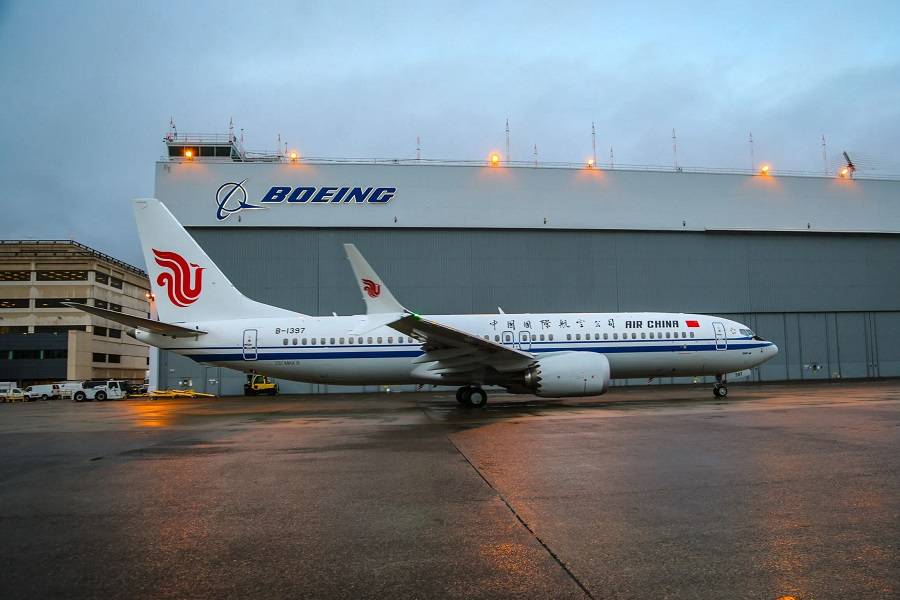
We have seen multiple “refleeting” moves from different airlines worldwide. And this is far from surprising. The passage of time plus the freezing of aircraft purchase plans in the pandemic created a rise in medium-term demand. In many cases, airlines “go with what they know”, buying newer versions of aircraft they have. This makes sense in multiple ways, from pilot training, to maintenance and to stocks of spare parts.
But sometimes, airlines change aircraft manufacturers, for large fleet orders. This can be a powerful statement for the winning manufacturer. But in this sense, China ought to be a less serious “image” problem for Boeing. Chinese airlines have traditionally split their orders between Airbus and Boeing, maintaining a mostly even balance.
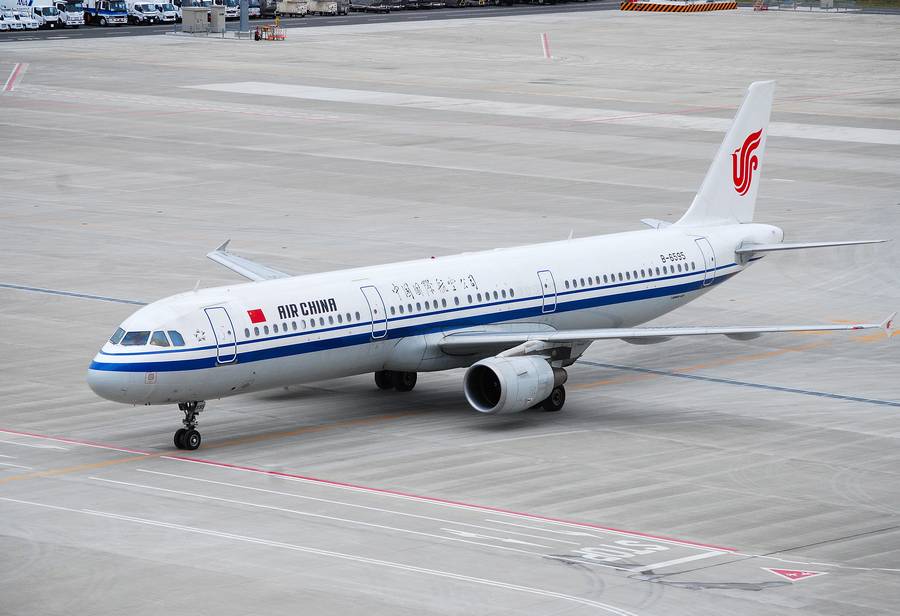
This isn’t what happened this month. Of course such orders even out over time, so some argue that it might be too early to dismiss Boeing’s chances of its own blockbuster Chinese order. The problem with this argument is the way Boeing reacted to the China – Airbus contract. Usually, manufacturers don’t publish statements about someone else’s contract. Why create a buzz around your opponent’s successes?
A simple answer to this question is: “Because you might have a point to make”. In the past, Boeing complained of foul play with Airbus or other manufacturers’ contracts. The Bombardier CSeries (now Airbus A220) story comes to mind – which didn’t play out well for Boeing. But this isn’t the point Boeing made in this case.
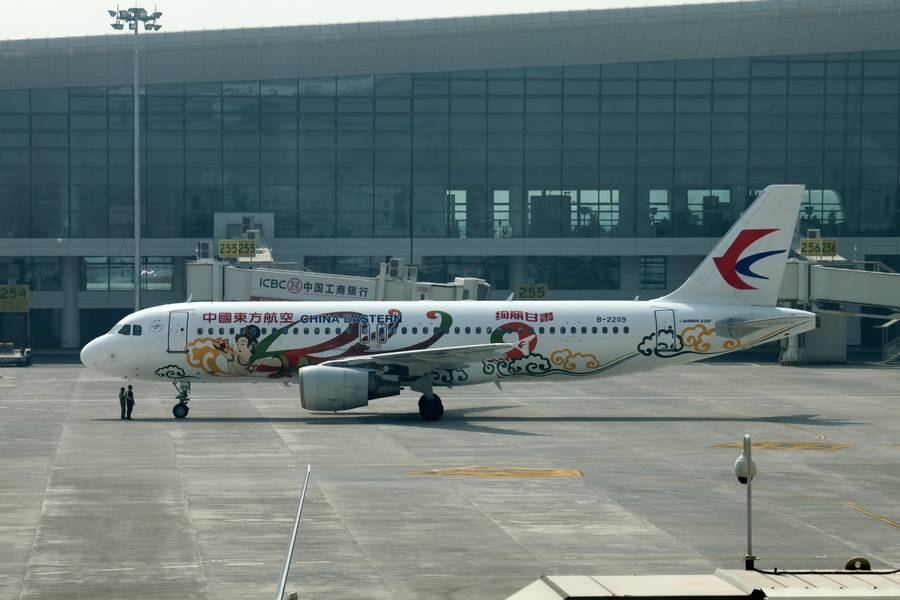
Boeing And China – A Broader Problem
Rather, Boeing believes that the problem lies in international relations between China and the United States. So its statement on China’s Airbus deal actually compliments Europe’s stance towards China. The statement said:
“Today’s announcement is an example of how constructive dialogue between governments encourages job creation and the other benefits that result from open aerospace markets. As a top U.S. exporter with a 50-year relationship with China’s aviation industry, it is disappointing that geopolitical differences continue to constrain U.S. aircraft exports.
“We continue to urge a productive dialogue between the governments given the mutual economic benefits of a thriving aviation industry. Boeing aircraft sales to China historically support tens of thousands of American jobs, and we are hopeful orders and deliveries will resume promptly.”
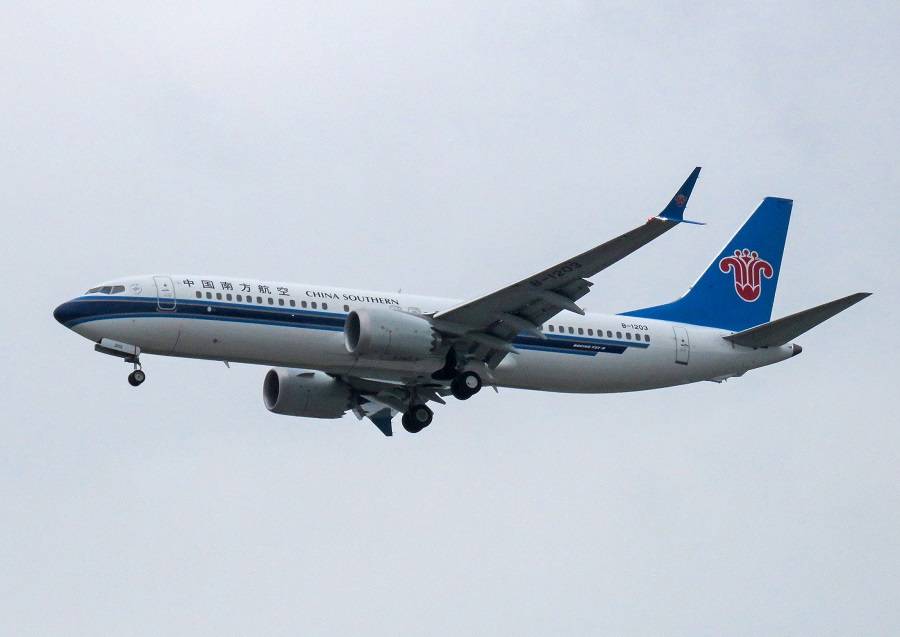
Boeing also reminded another side of this problem to its audience, namely the number of aircraft it is waiting to deliver to airlines in China. Of course, this is mainly because of the grounding of the 737 MAX. But China’s stance towards the aircraft is another matter where international relations may well have had a role.
There are some who believe that the issue is political, suggesting that the Republican party in the US is more favourable towards Boeing. But this, true or not, doesn’t explain the Boeing – China problem directly. Boeing last sold an aircraft to a Chinese airline in 2017. So this situation did not start with the current US government. However, the current government hasn’t stopped the issue, either.
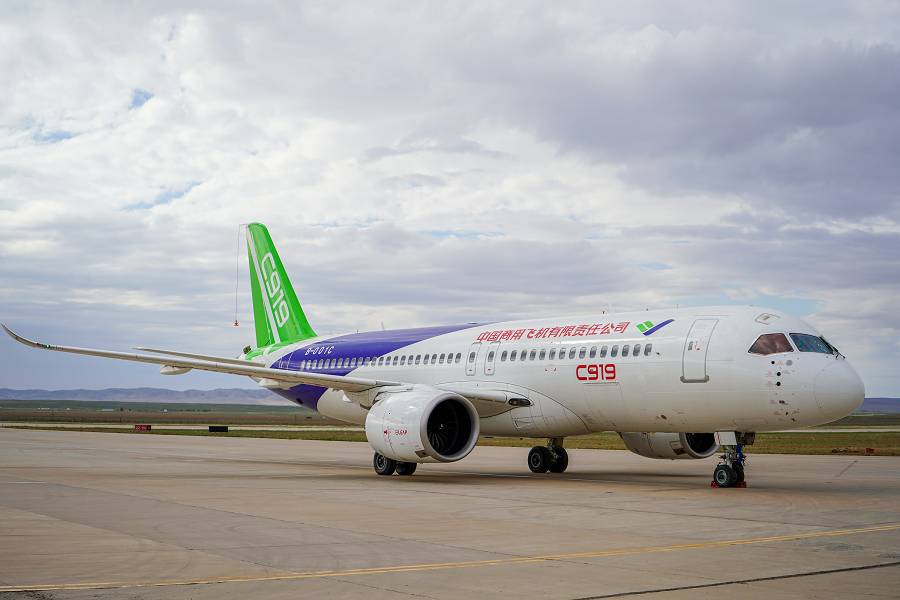
Investments And IP Theft Worries?
The amount of investment that Boeing and Airbus have made in China is yet another aspect of this problem. Boeing has a finishing centre in China for the 737. This is a relatively recent development, which followed Boeing’s passenger-to-freighter conversions in China. On the other hand, Airbus has a Final Assembly Line (FAL) for the A320 family in China. Boeing doesn’t.
Analysts point out that there are substantial worries around intellectual property, with such investments in China. There have been some arrests in the US, of people working for/around components for China’s COMAC C919. This aircraft has more than a passing similarity to the Airbus A320. COMAC’s ARJ21 also has a passing resemblance with the MD-90. Coincidentally, the MD-80/90 has been produced under license in China.
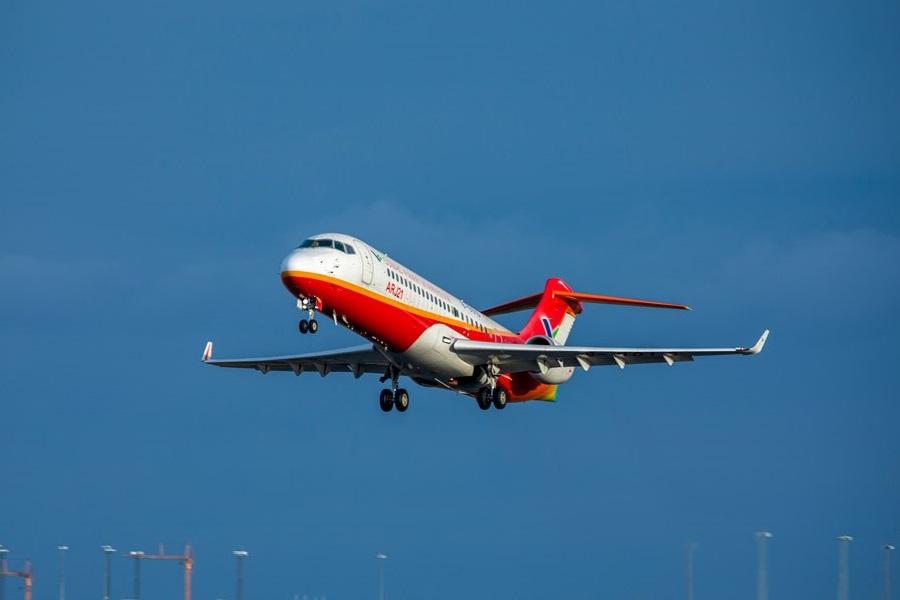
We may well see more developments on this matter soon. There are some encouraging signs for the future of Boeing, but China remains a problem. Boeing is hiring engineers, indicating investment in design, which many hope will lead to a new midsize (or any-size) aircraft.
In any case, Boeing sells about a third of its aircraft in China, so it can’t afford to simply give up this market. On the other hand, China can’t make the C919 and ARJ21 quickly enough to replace Boeing’s and Airbus’ single-aisle aircraft.




2 comments
Andrew Steitz
Being a US citizen I definitely root for the “home team” (Boeing) but I cannot say that I fully buy the “it’s all political” complaint. Let’s see if we can come up with a list of reasons why someone might favor Airbus: 737 MAX, 787 production problems, 777X certification problems, NMA delay because of all the other fires they are puttIng out. Boeing used to be run by engineers and was a shining jewel. Then the bean counters took over and turned it into the dumpster fire we see today, as usual.
B-Frank
Your final sentence sounds a bit like whistling in the dark, doesnt’t it? 🫣